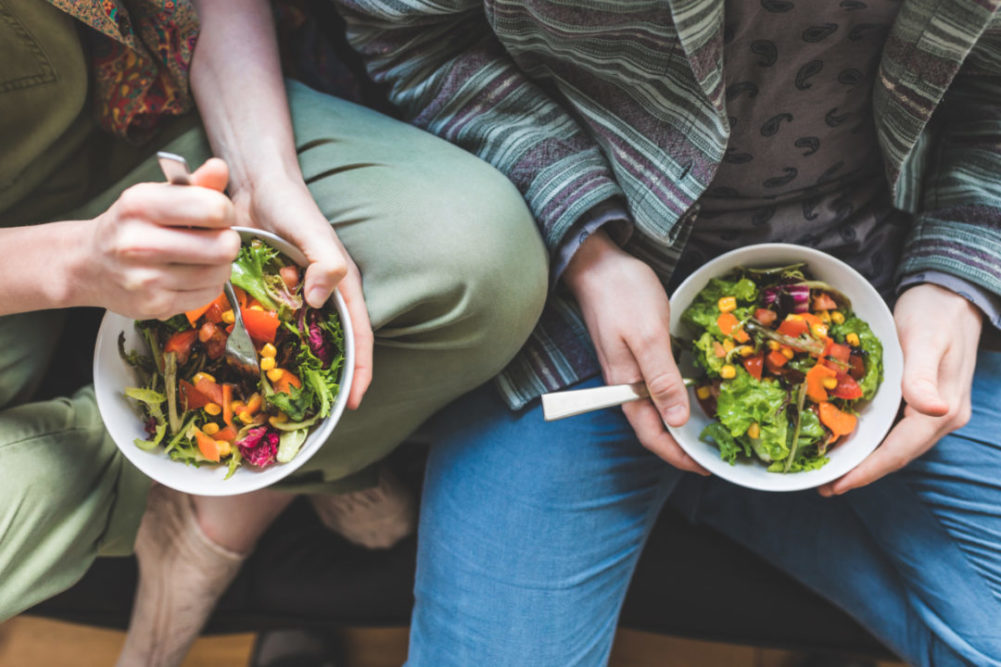NEW YORK — Half of consumers worldwide said their consumption habits have permanently changed due to the COVID-19 pandemic, according to a new report from AlixPartners.
The consulting firm surveyed more than 7,000 consumers in nine countries and found 48% said the pandemic permanently altered their buying behaviors. The biggest change involved restaurants, with 51% of consumers saying their habits around dining out have permanently changed and 25% planning to continue eating at home more often.
The report also highlighted a new research methodology that segments consumers by their pandemic-driven anxieties.
The methodology showed that when mapped by the two main consumer anxieties today — health and finances — recent behaviors and future intentions segment consumers into four distinct demographic cohorts: The “Most Anxious” (highly concerned about both health and finances), the “Health Concerned” (more concerned about health than finances), the “Budget Constrained” (more concerned about finances than health) and the “Least Anxious (less concerned about both health and finances).
“Although there is growing hope around the world that consumers will eventually rebound from the pandemic, our new modeling approach reveals that significant numbers will experience long-lasting changes in their buying behaviors — changes that will lead to massive challenges for many companies as well as intriguing new opportunities for others,” said David Garfield, global leader of AlixPartners’ consumer products practice and leader of the firm’s Americas business unit.
American consumers were most concerned about both health and finances, with 44% of consumers in the United States falling into the most anxious category, compared to 34% of consumers internationally. Among the most anxious consumers, 73% said they are interested in buying food from restaurants for home delivery and 70% said they are interested in ordering groceries online.
“The most anxious consumers are the ones that have the greatest interest in online purchasing,” Garfield said. “If you look across different segments, interest in online transactions varies significantly. It's relatively high for online transactions for food, and somewhat lower for online purchases of things like clothing or beauty products.”
The report also found the most anxious consumers are more likely to have their purchases influenced by social media. Nearly a third said their purchases were influenced by Instagram, YouTube, TikTok and other social media platforms, compared to 22% of budget constrained consumers and 20% of health concerned consumers.
Younger consumers felt the most vulnerable, with 34% of consumers ages 18 to 24 reporting being “extremely” or “very” concerned about mental health. Roughly the same amount said they were concerned about financial health, compared to 26% who were concerned about physical health.
The pandemic also is fueling concerns around sustainability. Eighty percent of consumers internationally and 71% in the United States said they are more concerned about the environment, with 28% of American consumers saying those concerns are impacting their purchasing decisions.
“The number of people who said the environment was important was not a surprise, but the number of people who said it would materially impact their behavior in a durable way was a surprise,” Garfield said. “Consumer packaged goods companies have been emphasizing sustainability and environmental impact in an increasing manner. That last fact tells us we need to turbocharge those efforts.”


